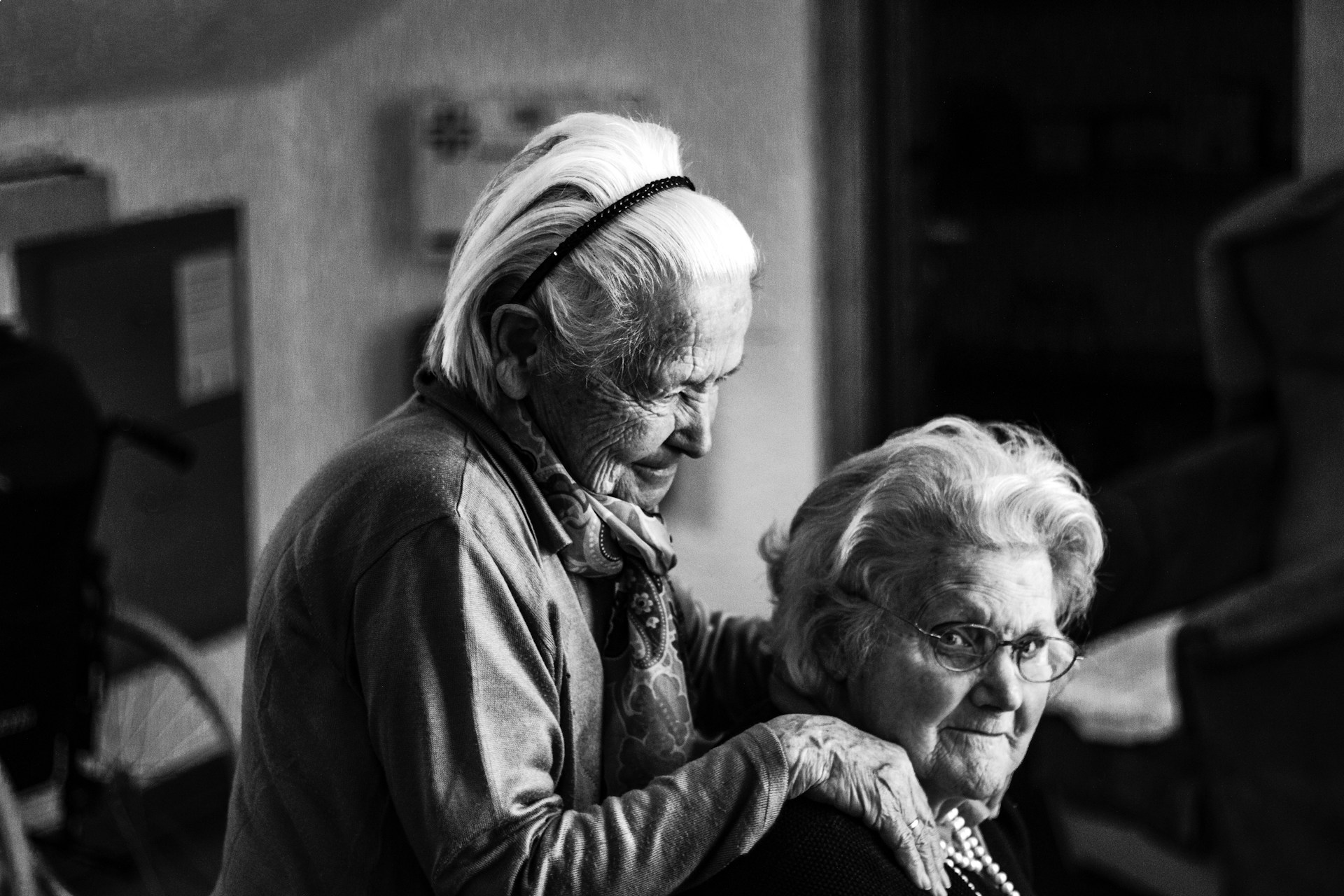As loved ones get older, ensuring their safety, comfort, and well-being becomes a top priority. However, recognizing when they need more support at home can be challenging, especially as many older adults value their independence. By staying attentive to key signs, you can identify when it might be time to increase their care. Here are some crucial indicators that your elderly loved one may need more support at home.
Contents
Decline in Personal Hygiene
One of the earliest signs that an elderly person may need more assistance is a decline in personal hygiene. This could include infrequent bathing, unwashed clothes, or unkempt hair. If your loved one is neglecting basic self-care, it might be due to physical limitations, memory issues, or even depression. Regularly missing showers, wearing the same clothes for days, or appearing disheveled can indicate that daily tasks have become overwhelming for them.
Unexplained Weight Loss or Poor Nutrition
A sudden loss of weight or a noticeable change in eating habits can be a red flag. Your loved one may be forgetting to eat, unable to cook for themselves, or experiencing difficulty in grocery shopping. Sometimes, they may be physically unable to prepare meals or manage a healthy diet. Lack of nutrition can quickly lead to a decline in their overall health, making it vital to address this issue promptly.
Make sure their refrigerator and pantry are stocked, and if you notice expired or untouched food, it might be time to consider additional help. Moving your loved one into a care home like morriscare.co.uk is a good move, as a care home will provide nutritional meals for them each day.
Increased Forgetfulness or Confusion
Memory issues are common as people age, but there’s a difference between occasional forgetfulness and more serious cognitive decline. If your elderly loved one frequently forgets appointments, misplaces items, repeats questions, or seems confused about familiar routines, these could be signs of dementia or Alzheimer’s disease.
Increased forgetfulness can also pose safety risks, such as forgetting to turn off the stove or lock the doors. In these cases, additional support and supervision might be necessary to ensure their safety.
Difficulty with Mobility and Physical Tasks
If your loved one is having trouble moving around the house, getting in and out of chairs, or climbing stairs, it may be time to consider getting them some help with daily activities. Mobility challenges can lead to a higher risk of falls, which can result in serious injuries.
Look for signs such as unexplained bruises, hesitation to move from one room to another, or difficulty standing up after sitting. Providing mobility aids, such as walkers or grab bars, might help, but more extensive support, like home care assistance, may also be needed.
Social Withdrawal and Isolation
Social isolation is a significant concern among elderly people, especially those living alone. If your loved one is withdrawing from activities they once enjoyed, avoiding social interactions, or showing signs of loneliness, this may indicate that they need more emotional and social support. Loneliness can contribute to depression and exacerbate physical health issues. Ensuring they have regular companionship, whether it’s through visits, calls, or in-home caregivers, can greatly improve their quality of life.
Neglected Household Responsibilities
A once-tidy home becoming cluttered or dirty is a sign that your loved one may be struggling to manage household chores. If you notice unpaid bills, piles of laundry, or neglected cleaning tasks, it may indicate that they need some help keeping up with daily responsibilities. Financial management can also become more difficult with age, and missed payments or disorganized paperwork may point to cognitive decline.
Increased Medical Issues or Hospital Visits
Frequent medical appointments, worsening chronic conditions, or repeated hospital visits are clear signs that more comprehensive care might be needed. Managing medications, scheduling appointments, and adhering to treatment plans can be overwhelming for seniors, especially if they have multiple health issues. Professional caregivers or home health services can assist with these tasks and help to prevent further health complications.





